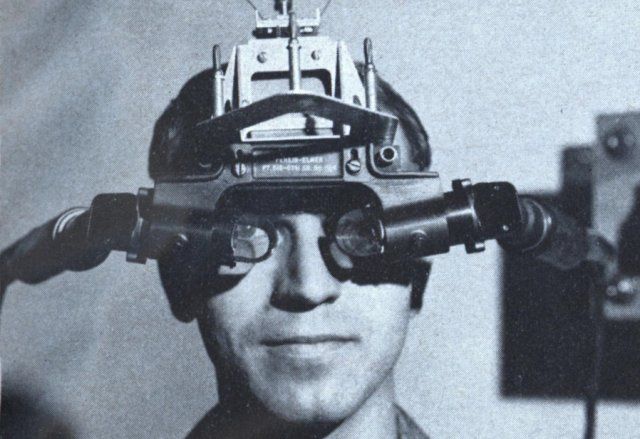by Sean Gallagher — ars technicaAugmented reality (AR) is a technology that has been on the cusp of becoming the next big thing for over 20 years. But the technology—the projection of data or digital imagery over real-world objects—has largely remained the stuff of fighter cockpits at the high end and of mobile games and art projects on the low. The promise of Google Glass—real augmented reality for the masses—failed to materialize.
That doesn’t mean the technology won’t fly at all. While many organizations experimented with Glass, other devices already in the hands—and on the heads—of companies and software developers have been pushing forward augmented reality in multiple industries. Work is being done today to integrate corporate cloud applications and data from intelligent machines connected to the “Internet of Things” into applications for mobile and wearable devices. And all this could help make humans on the factory floor, on the flight line, in hospitals, and in the field more effective and efficient. With Microsoft’s HoloLens promising a standard development platform for AR, the cost of building those applications could plummet in the next few years.Read more
